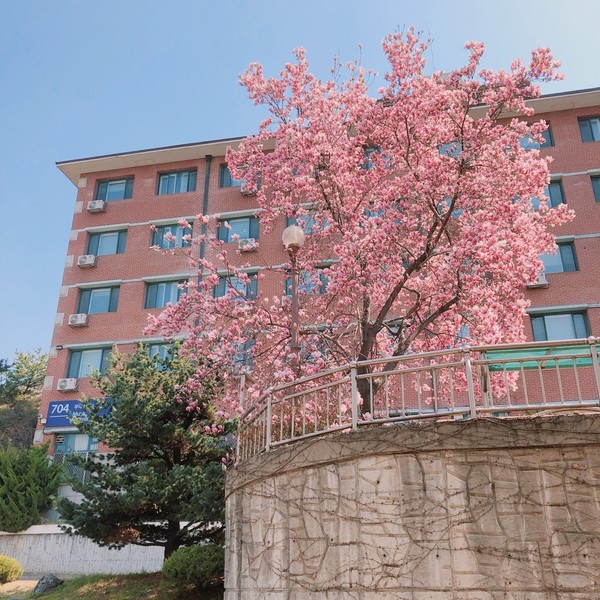The need for communication between the dormitory and its residents

WHEN YONSEI’S Housing Office announced housing applications for 2021, it brought up a myriad of concerns. Was the new semester on-campus with face-to-face classes? Was securing Seoul housing necessary? Students scrambled for answers on the Everytime app. Filled with anxiety and skepticism, some students predicted sudden postponement, just like in 2020. I couldn’t help but agree; I, too, had lost faith in Sinchon’s dormitory faculty.
The growing divide
While the faculty cannot be blamed for the unavoidable changes in schedules and housing rules due to the pandemic, the lack of consideration and communication disappointed many students. For instance, in February, residents were suddenly told to clear the premises when the pandemic situation grew dire in Seoul[1]. Although the reasoning made sense on paper, it was an inconsiderate decision that seemed to neither understand nor care about the residents. People who are eligible to stay in dormitories originally live far away from Seoul and do not have a place to live elsewhere in the city. Residents who stay behind during break only do so for work or studying, so an abrupt eviction meant they either had to abandon all their plans or acquire living quarters in Seoul in the span of a week. Not only is this extremely difficult, but it also entails sudden expenses and the efforts of moving their entire living necessities to new housing on their own. While it was revoked later, this incident revealed that the housing office chose to be oblivious to the reality that residents face.
Moreover, communication problems were a longstanding issue that had bigger consequences during the pandemic. It has always been notoriously difficult to communicate with the dormitory administration. For example, most questions on the phone were dealt with by part-time student employees who often knew just as much reliable information as the average resident. It also did not help that individual inquiries often yielded different answers depending on who was answering, showing a lack of communication among the staff. The same thing happened during the pandemic’s housing crisis; I experienced it first-hand when I called the housing office about the refund process that had different instructions on the website and the new physical examination acceptance dates based on the postponed schedule. The answers were vague and unhelpful, different from what other residents were sharing online, while official announcements were often delayed without explanation. It was an every-man-for-himself situation where residents had to reach out individually to the office to determine the correct process instead of getting timely instructions. Another notorious example of non-communication during the pandemic was not disclosing the fact that a section of the dormitory was being quarantined[2]. Communicating to the residents about the quarantine would have enabled them to take extra precautions while using communal facilities. Instead, they chose to keep everyone in the dark until the rumors broke out, causing more panic. The lack of transparency and clarity was a nuisance at best before 2020, but it proved to be disastrous last semester, increasing the alienation and distrust of the institution as a whole.
Communication is key
These issues clearly point out that the dormitory staff lacks a fundamental understanding of what the residents need and want. The continued lack of connection with the resident body isn’t just a matter of inconvenience but a serious threat to the basic living rights of students who have no other housing options. Dormitory residents, an ever-shifting demographic that lacks proper representation in housing affairs, deserve a more responsible institution. Residents need a way to officially communicate with the dormitory faculty and voice their concerns, which can be done by utilizing the new housing office website or engaging with the housing office through the Student Council. When residents were at risk of losing their housing in February, Mate, the Student Council at the time, was able to successfully negotiate for accommodations[3]. Although the Student Council’s actions so far were mostly reactionary, their role as student representatives was crucial to making the residents’ voices heard. The new Student Council Switch should take as much, if not more, of an initiative in the future to understand the obstacles residents face and represent their living rights.
With the pandemic still ongoing, the chances of a “normal” semester are still slim. For students in need of reasonable and safe housing, the university dormitories remain the most viable option, especially during the pandemic. The dormitory should be a home away from home, and the housing office should work with us in these trying times.
[1]Yonsei Chunchu
[2]Yonsei Chunchu
[3]Yonsei Student Council Facebook page

